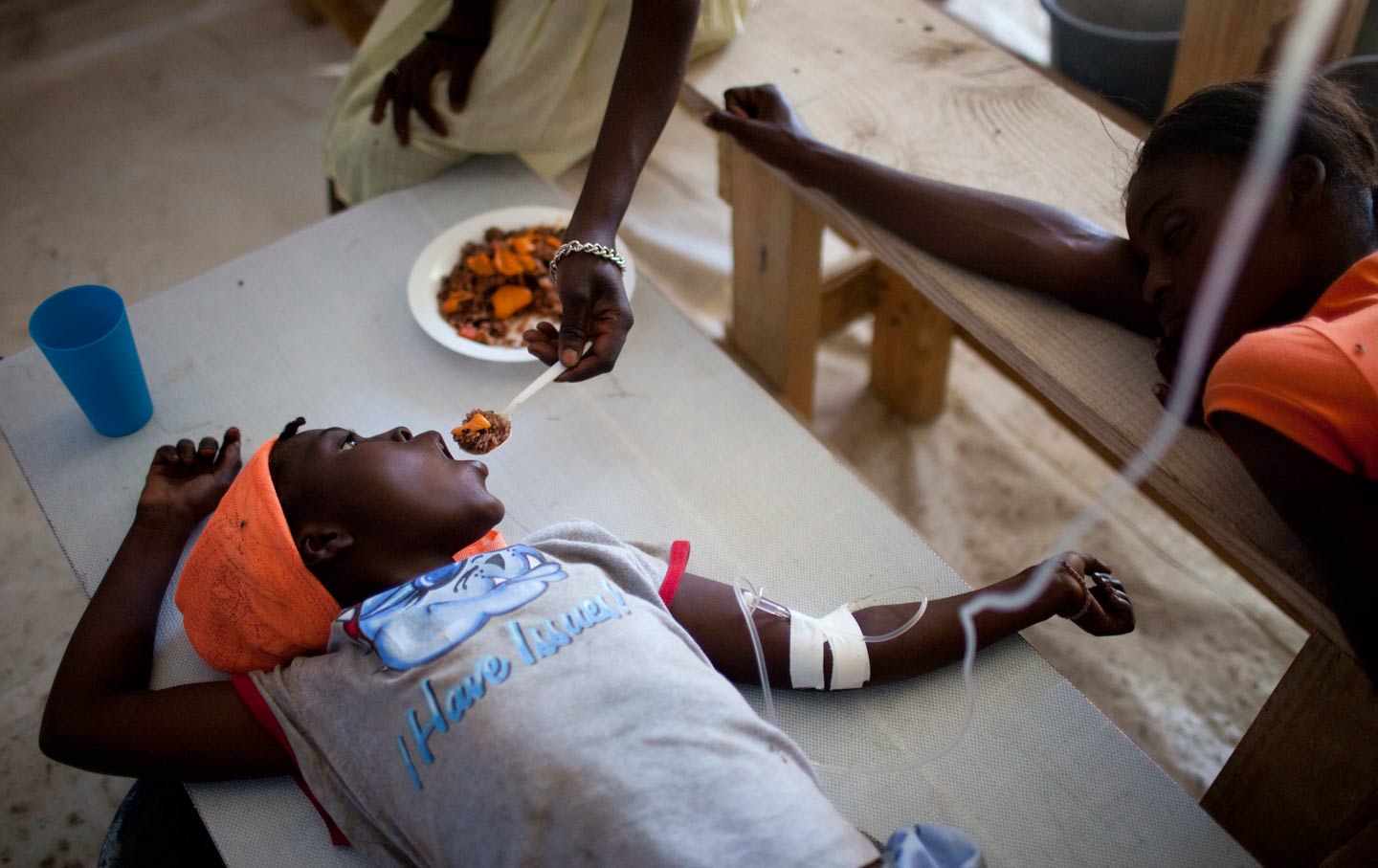On Tuesday, the Lagos state government reported a suspected cholera outbreak with at least five dead and over 60 hospitalised. Akin Abayomi, Lagos commissioner for health, said the discovery followed cases of severe gastroenteritis reported in communities around Eti Osa, Lagos Island, Ikorodu, and Kosofe LGAs. Subsequently, the Nigeria Centre for Disease Control and Prevention (NCDC), in a statement, alerted Nigerians to an “increasing trend of cholera cases across the country as the raining season intensifies”.
The agency said from January 1 to June 11, 2024, a total of 65 and 30 deaths have been confirmed from 30 states. Since news of the outbreak broke out, many Nigerians on social media, especially Lagos residents, have raised concerns about the development. Although there is a suspected outbreak of the disease, it is relieving to know that there are ways to prevent it and reduce risk of infection.

But first, what is cholera, what are the causes and symptoms? Cholera is a disease affecting both adults and children, caused by eating food or drinking water that is contaminated with a bacterium called vibrio cholerae. Some symptoms of the disease include painless watery diarrhoea (resembling rice water) of sudden onset. An infected person may also experience profuse vomiting, fever, restlessness, and weakness.
Cholera is a preventable and curable disease, with most of those infected having no or mild symptoms and can be successfully treated with oral rehydration solution.























